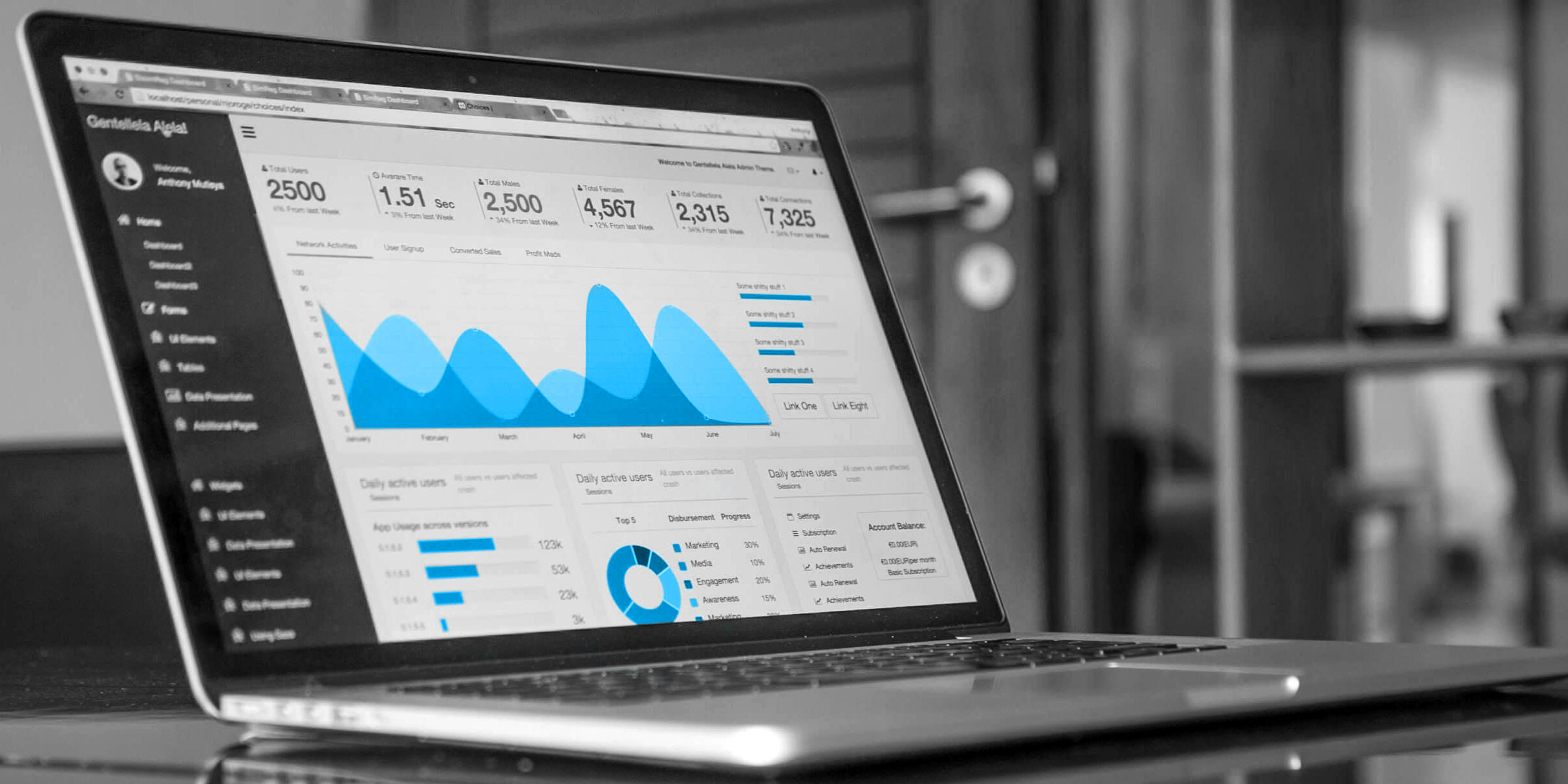In recent years, Google has significantly increased its shopping products, meaning that PPC agencies have the mighty task of continuously tracking the many levers that go into a successful retail account. Shopping ads are increasingly becoming one of the most effective ways to win valuable consumer clicks. A PPC agency must make use of the many automated tools that are currently available, or risk falling behind the curve.
Adjusting Bids Based On Third-Party Data
We recently had a client whose sales were closely linked to the weather outside, when the sun came out their sales rocketed, whereas, when the rain inevitably came, there was a significant change in the volume. Being based in the UK where the weather is notoriously unpredictable, it was apparent that it would just be too time consuming (and impossible) to change the bids every time the weather changed.
Instead, we utilised a simple Google Ads script that allowed us to tap into Google’s weather app and automatically adjust our bids based on what the weather was doing throughout the UK. When the sun came out, the script would push up our bids allowing for us to be much more aggressive with our targeting. When it went in, our bids returned to normal levels.
Not only did this save a huge amount of time (and headaches!) but it also meant that bids were being managed 24 hours a day, 7 days a week.
Search Query Mining
Depending on how many products you’re managing, it can be a straightforward process staying on top of your search queries, alternatively, it can be a never-ending task, with the light at the end of the tunnel forever moving further away.
Either way, it makes sense to automate this process, especially for retailers. Here at Avenue, we use a script that takes all our search queries and allocates them to 1 of 3 tabs within a Google sheet based on a predefined criterion:
Winners
Losers
Not Enough Data
Our winning search queries are those that have converted at a CPA or ROI that is within our account targets. Our losing queries are the opposite, these terms have spent over our target without generating a sale. Any search queries which are yet to spend more than our target without converting are allocated to the ‘Not Enough Data’ tab.
This process makes it easy to managed thousands of search queries on a daily basis, any losers are added as negative keywords and therefore filtered out from any future searches, whilst, any winners are split out into their own ad group allowing for bids to managed directly.
Bid Management Based On Revenue Goals
With Google now offering its own suite of automated bidding strategies, it makes sense for a lot of higher volume retailers to be utilising automated bidding over manual bidding.
Our go to bid management platform is Search Ads 360 (recently rebranded from DoubleClick). This tool allows for our bids to be amended up to 4x a day based on a ROAS, ERS or Target CPA. Additionally, it can add, change or remove bid adjustments for devices, locations and other demographical factors. Being able to implement constraints allows us to keep a tight control over the bidding machine, ensuring that it’s never going to drop bids too low and hamstring performance.
Finding Performance Anomalies Within Campaigns
With so many moving parts within a retail account, relying on a manual approach towards detecting significant changes in performance is a recipe for disaster. Instead, automated alerts can be set up to notify managers of any major change in performance. It can also be set up in such a way that not only does the manager immediately get notified, but defensive action is taken to avoid any wasted spend.
For example, the well known ‘Linkchecker Script’ makes up the foundation of our suite of scripts. This script continuously checks every link that our ads are pointing to, to ensure that the site is still up and running. As soon as a site goes down, the ads pointing to the site are automatically paused.
Again, this is something that managers just can’t do manually (we’ve all got to sleep!) and quite frankly, it’s something that a script can do a lot better!
Conclusion
With the varied nature of retail accounts, it is crucial to make use of the automated tools for PPC success. We regularly audit PPC accounts from agencies that fail to appreciate the value of automation.
